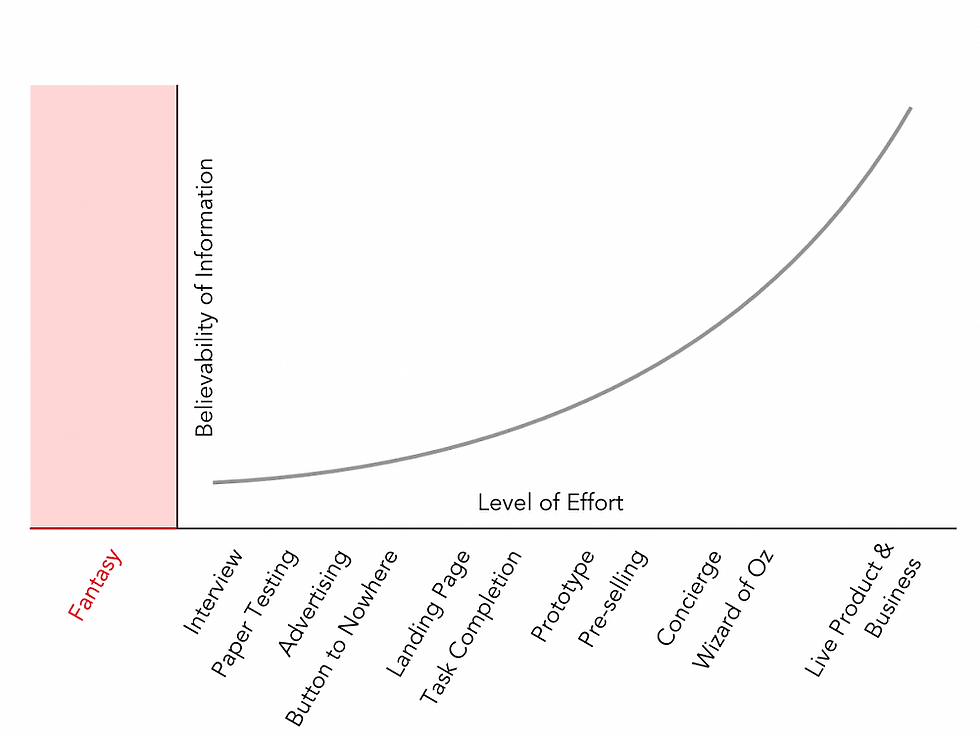Team Development problems? Team Competency Matrix to the rescue!
- Alex Reizer

- May 12, 2022
- 3 min read
Updated: Jun 3, 2022
I hold these truths to be self-evident:
To measure improvement, we need to have a baseline
Not any progress is good progress. Aimless progress may be worse than no progress, as we've gotten farther from our goals or desires
We have a limit to what we can achieve on our own, thus we need to engage in teamwork efforts to achieve greater goals
Thus, one of the first actions you should take with a team is to create a "team competency matrix". The "you" in the above sentence can be a development team member, a Scrum Master, a Team Lead (though I'm not a huge fan of that concept), a product or development leader, anyone interested in trying to learn what employees want to learn and if your organization is aligned with their needs, or vice-versa. It's a simple chart:
Team member names in the horizontal rows headers
Required Team Skills in the column headers
Once you've done that, go over and mark the skill level for each team member in each skill area
* It can be on a scale of novice, practitioner, and expert, or 1 to 5. The example below is red/yellow/green for a novice to expert scale.
* Skip irrelevant skills, it just feels bad for a QA to have a 0 in UI design, and adds nothing but clutter, in my opinion
Now you have a clear understanding of how many members are skill in each area. Definitions like "frontend developer" help no one. Becoming a more skilled developer isn't a very specific aim.
Most importantly, it's up to the team to decide who can strengthen which skills, and if there's even a need for something.

You may ask - how do I know the required skills? You'll start off by asking everyone in the room what they think is required for this particular product/project.
We did this at our teams to identify needs in various frameworks, for example, e.g. React, but for other teams it may be some soft skills in the list as well, or process knowledge. The point is, there's no single list, it's NOT dictated by the company, if you're a truly self-organizing team. There may be some constraints, naturally, at the company level.
So, what was the point?
It was a team initiative, and it made it transparent to the team where each of them stood. I know many companies like and need definitions like "Junior", "Mid-Level", and "Senior", but breaking it down to specific skills can help everyone understand where they are without titles.
It also made skill development not a personal effort (though nothing precluded teammates from learning new things not on this chart), but a realization of team needs. If we were sorely missing a frontend developer with React knowledge we could bring one from outside (and we did, as we grew), or we could develop our own, which we also did.
Instead of skill development being a "PULL" effort, where someone externally telling you what you need to learn, the team itself "PUSHed" itself to fill in the gaps, or at least became aware.
A self-organizing/self-governing team may also decide they need a new member to fill the gaps - as they may see that no one on the team is interested/able to learn these new skills, without significant loss of skills in other areas, due to the time demand. Talk about empowerment...
As a leader (or a servant leader), you may find out that the most desired skills/currently held skills don't fit your CURRENT plans. You may decide to alter your plans, listen to the team members who are suggesting changes in this transparent way. You may also discover skills team members learned on their own that they never get to apply.
If you're an organizational leader, this is a good place to start with teams. Especially if you're trying to re-organize them from siloed teams (e.g. frontend teams/backend teams) to more "organic" or "dedicated product teams". You need to make sure you're not creating teams that will lack required skills. This competency map is the pre-requisite (in my opinion) to an effective session of the "Meddlers Game" for your organization (more on that in a future post, perhaps). I know you can play it in a hypothetical manner, but real companies have real re-teaming needs that I hope can be answered by a combination of both that and "Team Competency Matrix" Want to learn more or try it for yourself? Visit https://management30.com/practice/competency-matrix/ , or download a template for Team Competency, and start developing your team! Or, even better, contact me for a full Management 3.0 workshop at your organization!




Comments